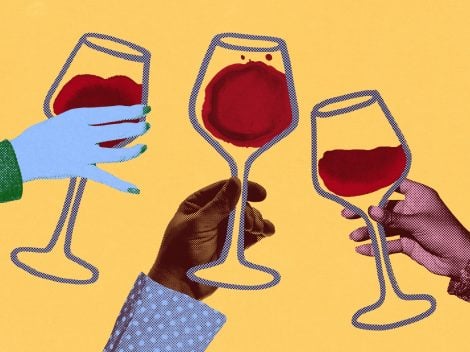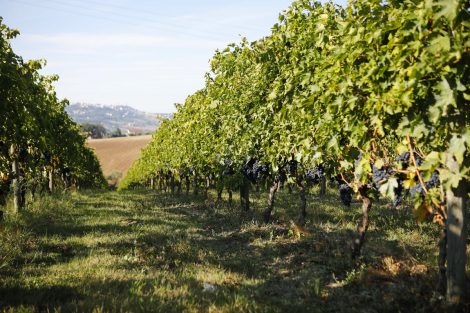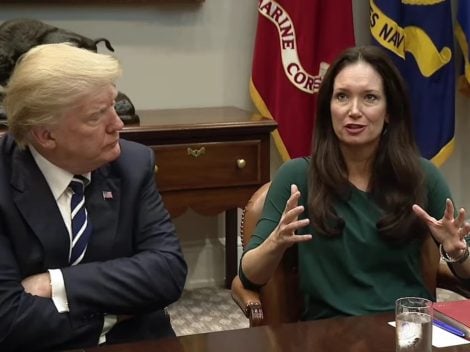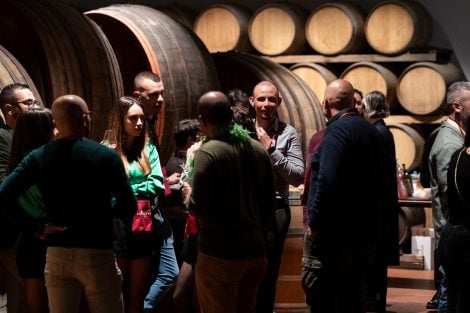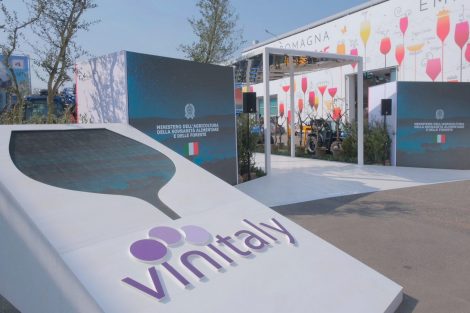During the event, Lorenzo Ruggeri, director of Gambero Rosso, guided a fully-booked masterclass covering the special awarded wines of Vini d’Italia 2025. French and international journalists were delighted by the class of world class labels such as Barolo Castiglione Falletto 2019 by Cascina Fontana (Winegrower of the year) and Chianti Molino degli Innocenti 2019 by Torre a Cona (Red Wine of the year). Gambero Rosso has been a partner of Vinexposium since 2015.
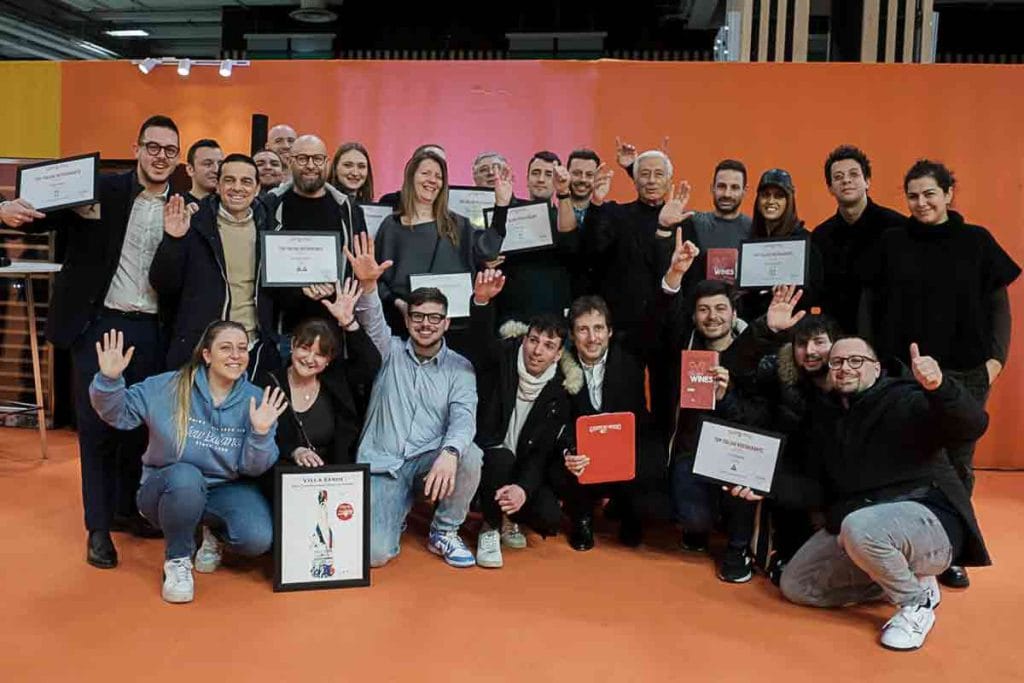
Eating Italian in Paris has never tasted so good. The best Italian restaurants in town were announced during the Tre Bicchieri event. Tre Forchette, the highest recognition, went to Il Carpaccio guided by chef Alessandra del Favero and Oliver Piras. The Top Italian Restaurants guide features many new entries such as Pizzeria Vittoria to Pastificio Norma; continuing with Enoteca, an historic address in the very central rue Charles 5, which won the Villa Sandi Best Contemporary Wine List award, thanks to an impressive selection in the cellar, including historic labels, but also lesser-known denominations. The offer is supported by attentive and professional service. To check the entire selection in Paris, which includes restaurants such as Passerini, Dilia or Mori Venice Bar, we invite you to visit our international website.
Coratina Time
Coratina party in Paris. On February 11, Gambero Rosso and Consorzio Olio di Puglia IGP hosted a special event at Il Vicolo restaurant featuring some of the top extra virgin olive oil from Puglia. The theme was the powerful and intense Coratina monocultivar with its unique bitter and spicy profile. Lorenzo Ruggeri guided a seminar through tasting techniques, terroir and descriptions and pairings. Il Vicolo, a well-known family restaurant awarded by the Top Italian Restaurant Guide, offers traditional cuisine, revisited and perfected by talented chef Maurizio Carlucci, who combined flavours from the land and the sea. The restaurant has been awarded in the Top Italian Restaurants guide since 2020. Speakers were Lorenzo Ruggeri and Sebastiano Spagnoletti Zeuli, representative of the Consortium and olive oil producer.
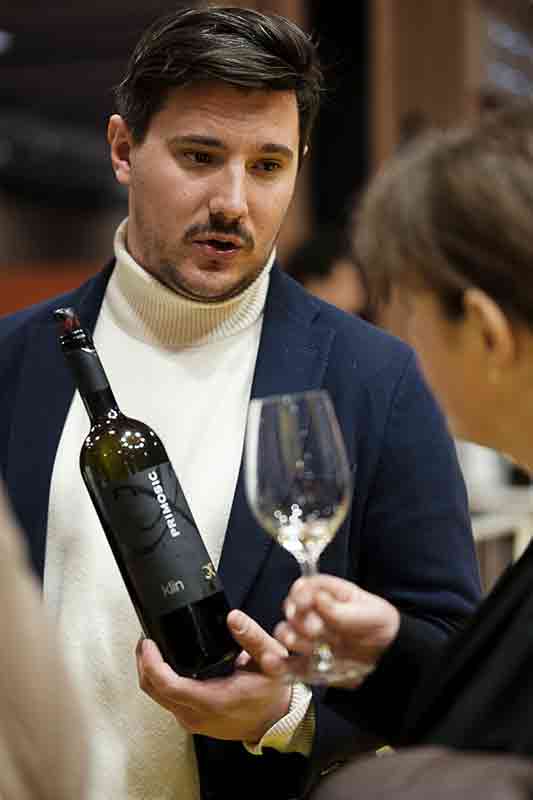
Coratina is the most popular olive cultivar in central Apulia, where it is grown in solid blocks on 60,000 hectares and characterised by high and constant productivity. Coratina is generally considered to be a self-compatible olive cultivar thanks to its incredible aromatic profile. The event featured the story of 4 Apulian olive oil mills that feature the varietal. Among the best olive oil and food pairings, we noticed the Cuttlefish noodles in almond broth, fermented Jerusalem artichoke and lemon; the super classic orecchiette pasta with broccoli rabe; and the surprising match between Coratina and smoked cardamom panna cotta, blood orange and caramelised hazelnuts. The Consortium Olio di Puglia was also in the spotlight during the Tre Bicchieri event at Wine Paris on February 12 with a dedicated corner featuring a wide range of samples. The main focus? Always Coratina!

"Alcohol-free? At the fair they were finished on the second day, but it's only a phase. In Paris smiles are back." Interview with the CEO of Wine Paris
We met up 10 minutes before the end of the Paris trade fair with Rodolphe Lameyse, director of Vinexposium, the organiser of the Wine Paris/Vinexpo fair, we take stock of this sixth edition of Wine Paris, which took place from 10 to 12 February, registering a total of 5300 wineries, including over 1200 Italian producers (+74% compared to 2024). Lameyse is experienced, he looks satisfied and doesn't hold back with his answers.
What struck you about this edition?
The smiles on people's faces at the fair. That wasn't to be expected. Despite everything that's happening environmentally, politically and economically, I felt a healthy optimism. Right now the atmosphere in the world of wine is the key. This is a sign of hope, of resilience: the wine community is ready to take on any challenge.
What didn't work?
We must always improve, especially in services. We had some problems at the entrance on the first day due to a very high turnout. We will work on it, because everyone must arrive and leave in an optimal way. We must push and give more and more.
How did the experiment with the Zero Tasting pavilion go?
I must confess that on the second day we ran out of samples in the free tasting area, we had to go and get them from other areas.
Should we worry?
Well, for a start it's a sign that the sector is renewing itself. I love wine and I'll never be a customer of dealcoholised wine. But it's a market segment and it attracts young consumers. It's important to be present in it.
We tasted almost all of them a few hours ago. The quality is, on average, tragic.
I can't blame them. Others obviously have different tastes.
Should we expect many more dealcoholised wines in the next edition? What is the real scope of this segment?
I think so. Now is the time for curiosity, for novelty, there is a lot of noise around dealcoholised wine. I don't know the real scope of the movement. It could also just be a phase. Remember the raw wines a few years ago? Now you hardly hear about them. You always have to remember the cycles.
For example, 5 years ago Vinexpo, after the very poor 2018 edition in Bordeaux, seemed doomed to fall into the clutches of Prowein.
Well, as soon as I arrived, we were considered dead. Then with the move to Paris and some adjustments we became what you saw in this edition.
Well, the calendar helped. You decided to get ahead of your competitors.
It's not just that. If prowein got ahead of us in turn, it wouldn't change the results.
What have you changed? And above all, what do you plan to change because the trade fair system is increasingly being questioned in cost-benefit analyses.
We are more than a trade fair. Of course, we have worked on the wine lobbies, on the political level, but also a lot on content, on high-level conferences and masterclasses. The wineries have appreciated this aspect, our attitude to value, they know that we are not the same as Verona or Dusseldorf. We go beyond the commodity: Wine Paris has the power to influence, to attract attention.
However, there does feel to be a bit of a disconnect between the fair and the city. Apart from the Nouvelle Vague section, do you intend to bring the natural movement into the fair?
We need to bring more young people in, but we can't do the work for others, we have to raise interest in the fair, in the themes, remodulate what's on offer. We have to create content, I'm thinking of conferences like the one on wine consumption of Generation Z by the Californian Wine Institute: it was packed.
What is happening to the world of wine, are you worried?
Not in the long term, but right now I'm worried about this state of depression. There is political instability, I'm thinking of France, of the legislation on wine that is constantly changing. We are all closed in on ourselves because we are afraid. But it's just a phase, there are phases of crisis and phases of recovery: it's part of the economic cycle.
Your vision?
There will be wineries in difficulty and some will disappear, we can see this in France too. Those who will prevail are those who know how to produce quality and who know how to market, understanding the expectations of the market and adapting accordingly. I repeat: it's the cycle of history. It's a phase of decline and there will be phases of recovery.
Who is doing better in France?
The Loire with Chenin Blanc and Pinot Noir. And also Alsace in my opinion.
Who's worse?
Well, Bordeaux. But this year's feedback was much more positive than last year's. However, if there are too many wines, the de-planting plan will work. A new balance will be found and we will start again stronger than before.
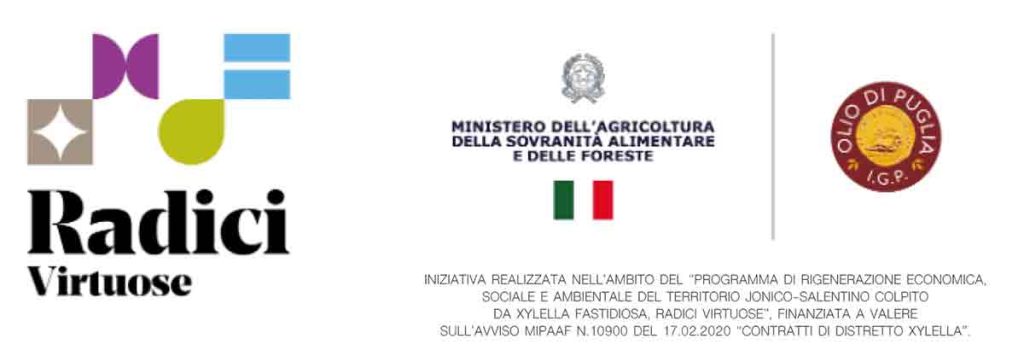

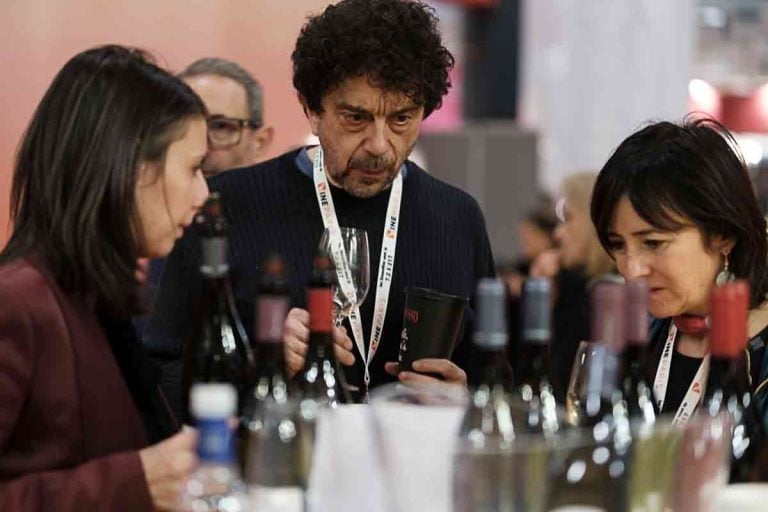
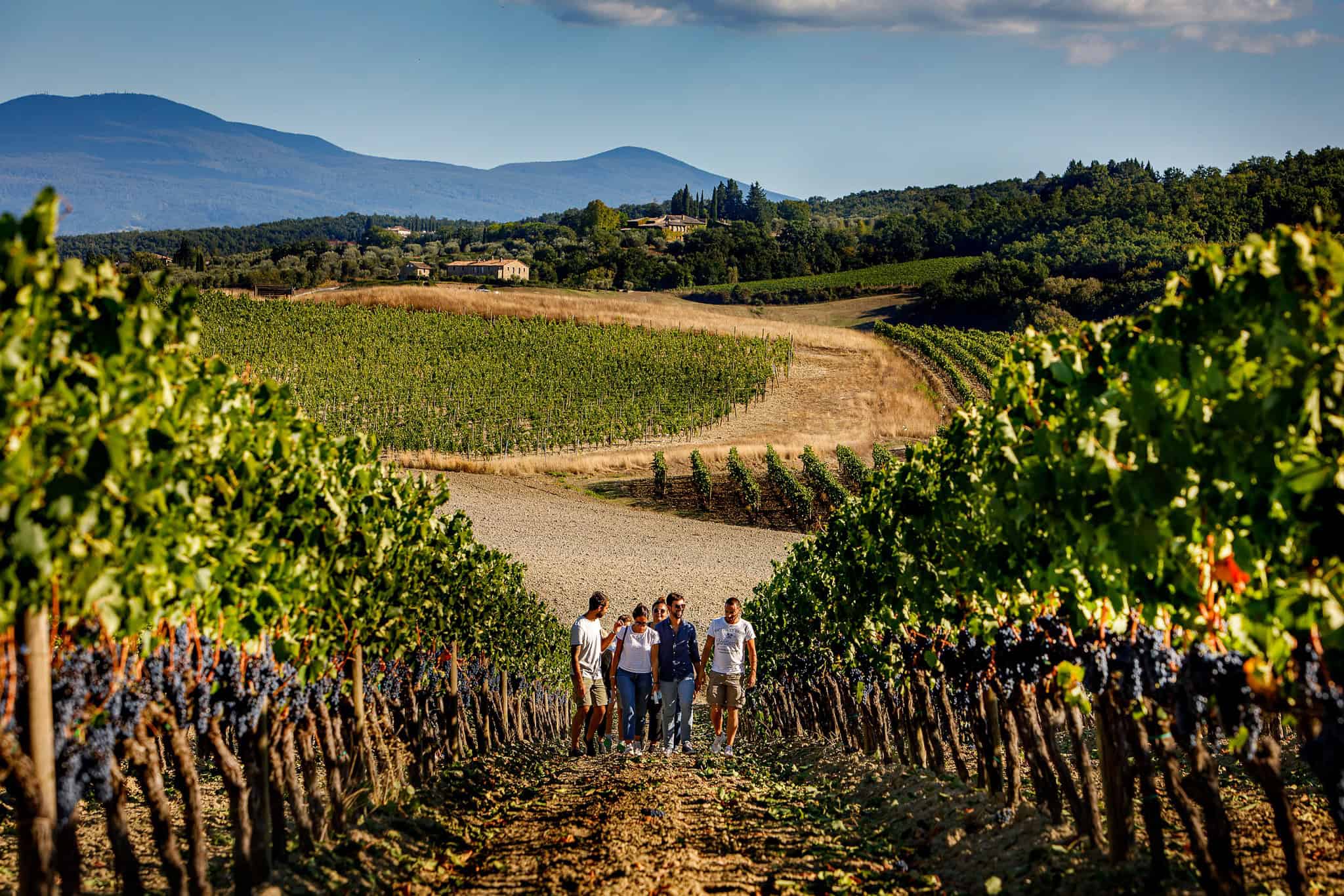 Chianti and Etna the favourite destinations for American and British tourists. Italians aim for the Cinque Terre
Chianti and Etna the favourite destinations for American and British tourists. Italians aim for the Cinque Terre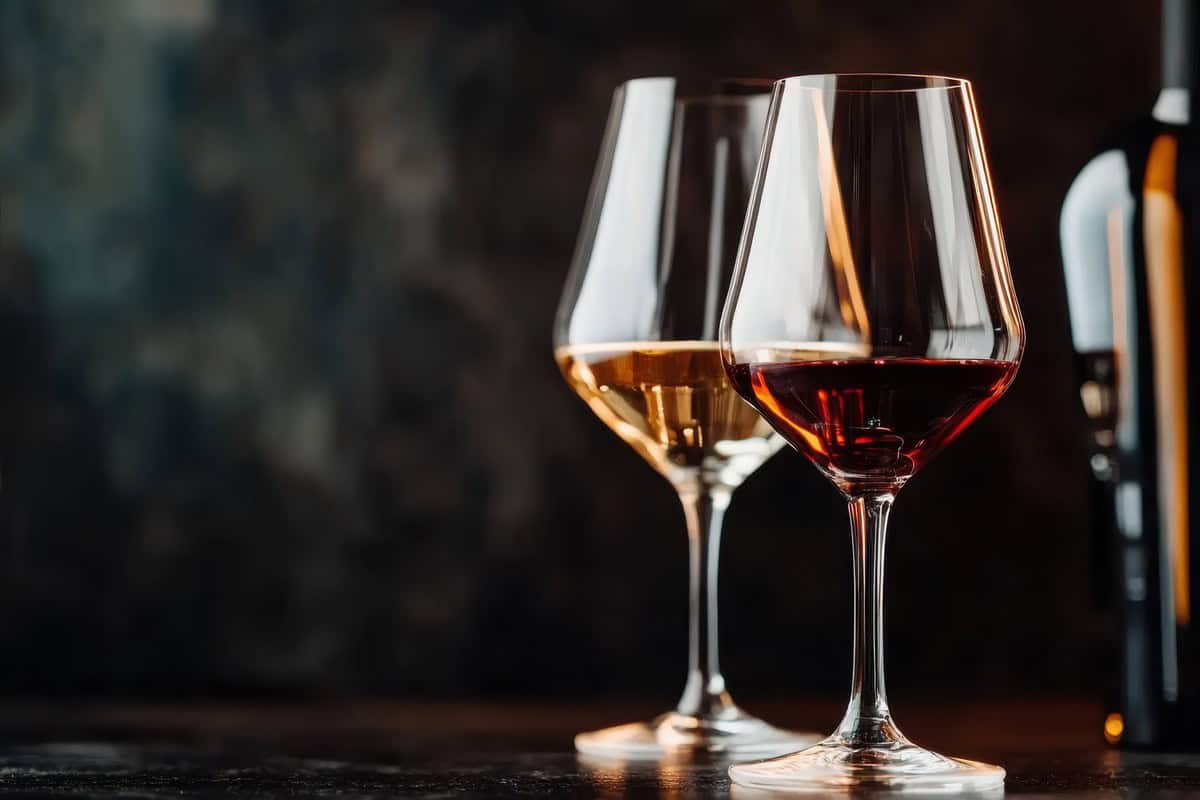 Ten Etna wines with the best value for money. Here they are
Ten Etna wines with the best value for money. Here they are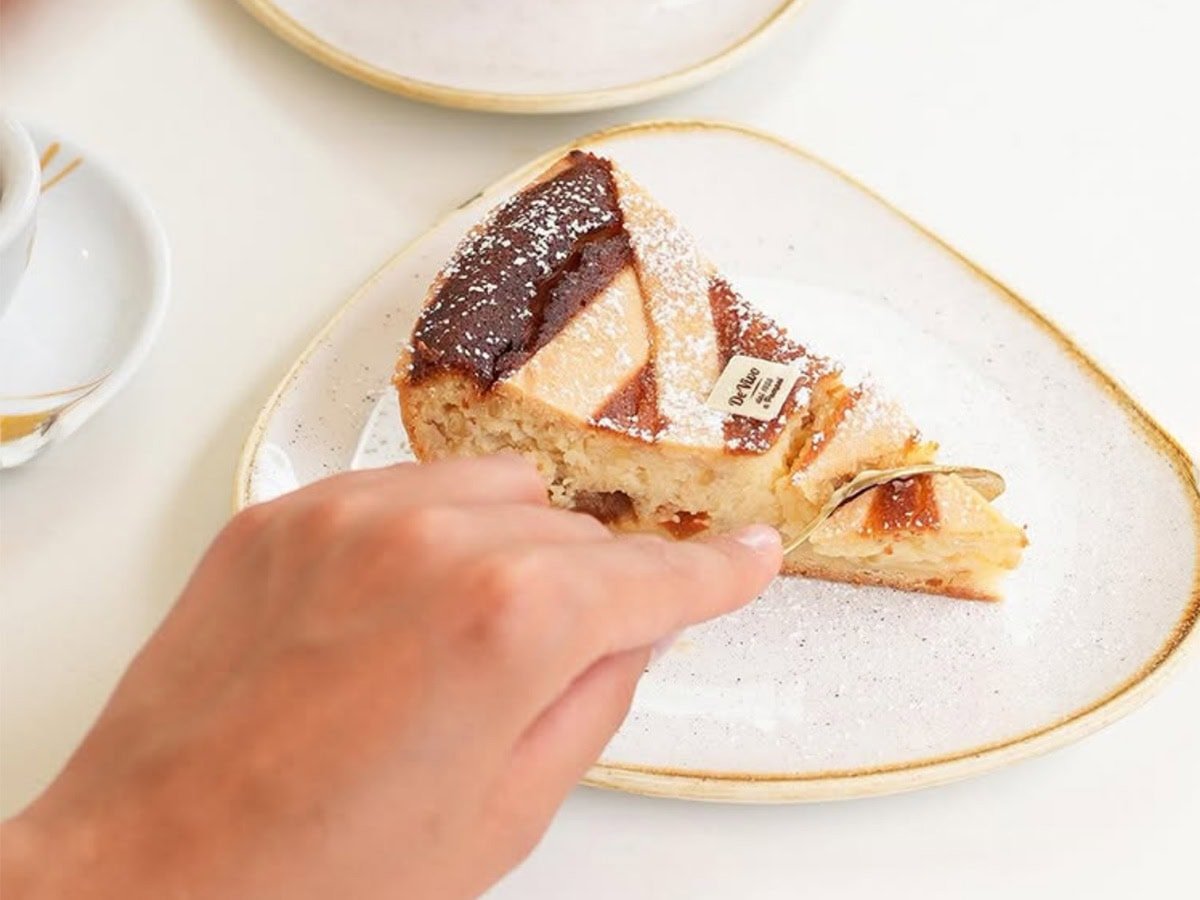 The top patisserie just steps from the Pompeii ruins where you can enjoy exceptional pastiere and croissants
The top patisserie just steps from the Pompeii ruins where you can enjoy exceptional pastiere and croissants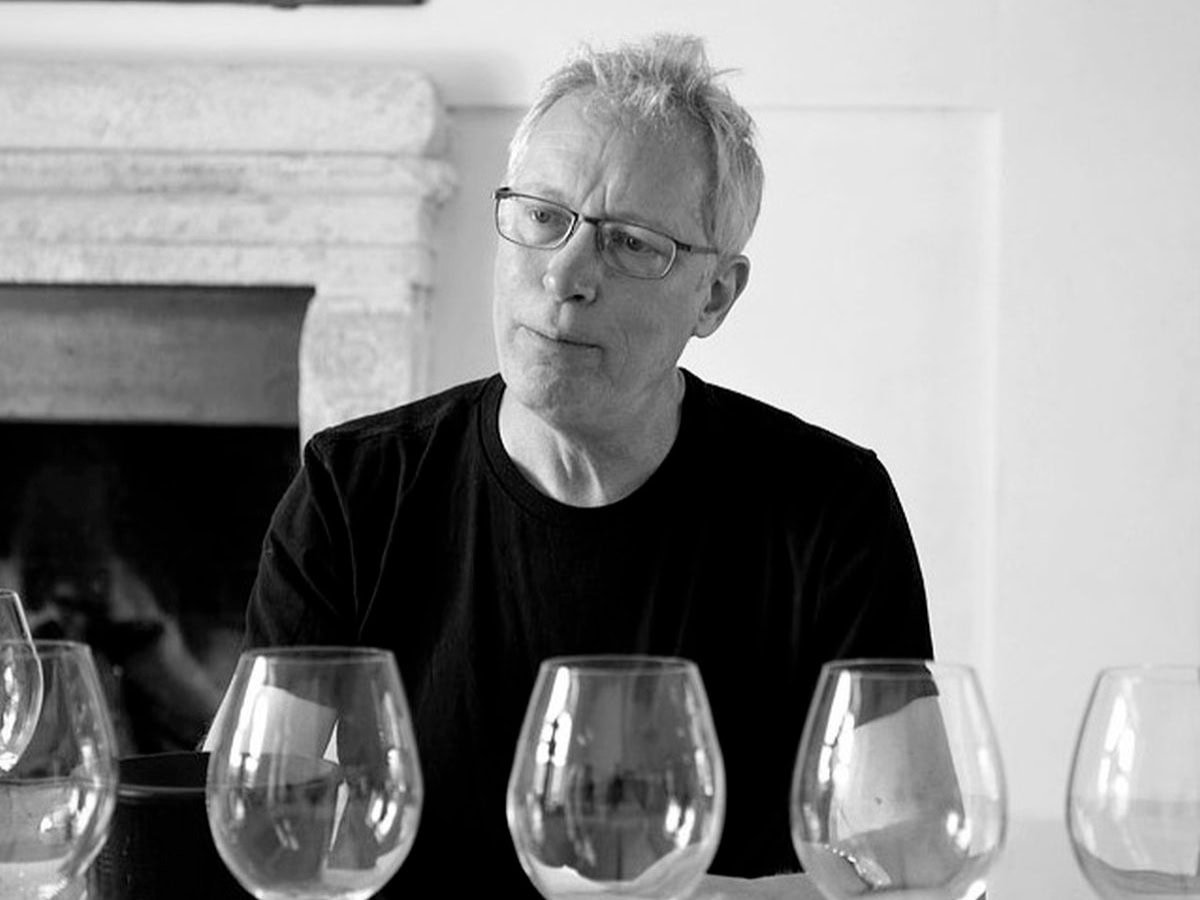 Tariffs? “The wine market will be dominated only by big groups.” Eric Asimov of the New York Times speaks out
Tariffs? “The wine market will be dominated only by big groups.” Eric Asimov of the New York Times speaks out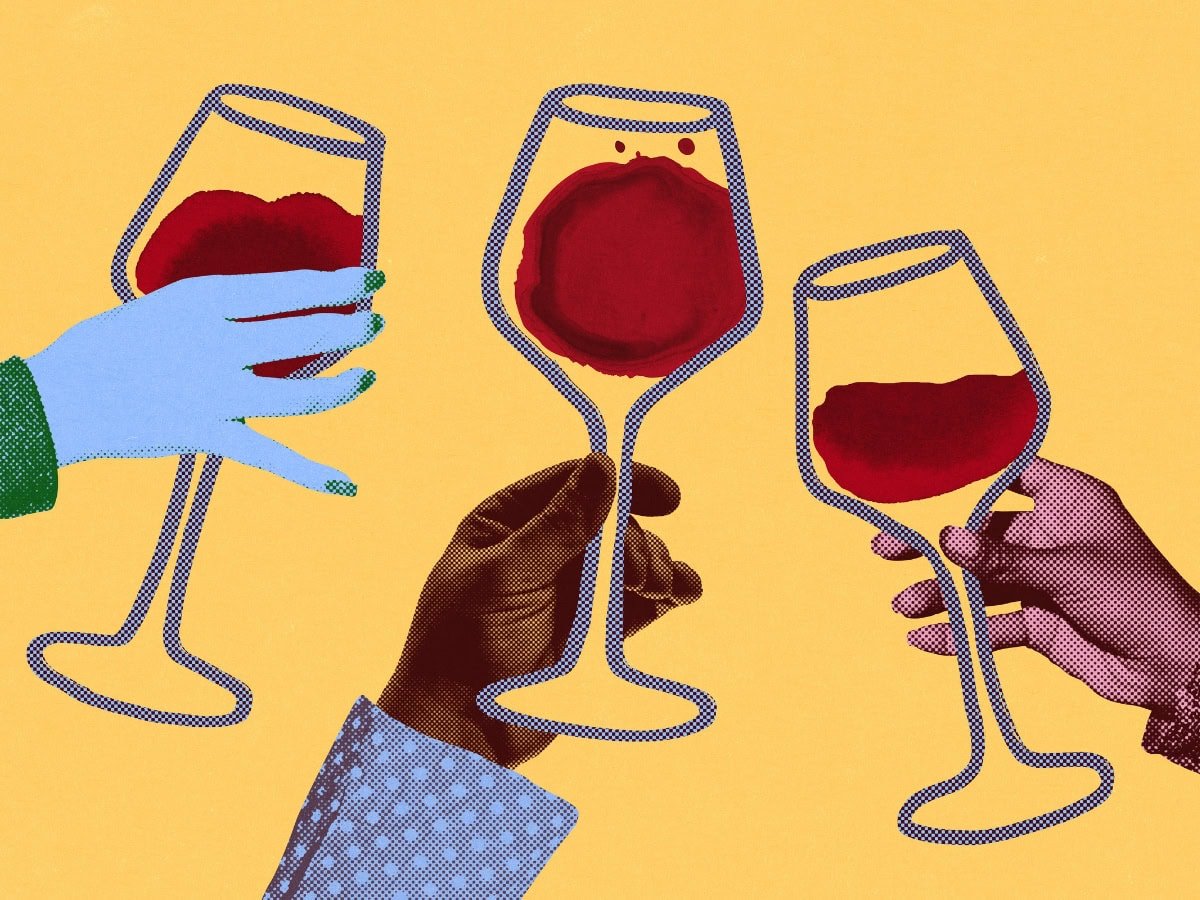 Fewer bottles, more by-the-glass: how to build the wine list of the future
Fewer bottles, more by-the-glass: how to build the wine list of the future